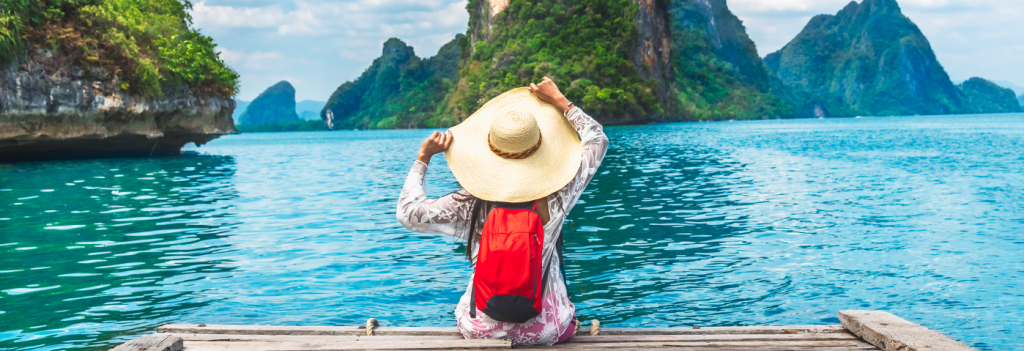For a long time, those making a case for accessible tourism for people with disabilities have argued that there is a large market composed of those with special needs and the wealth to pay for it.
At WTM London, we ran many sessions addressing this lucrative market and explored some products and services who are doing things right.
Take Endeavour Safaris for example; awarded Gold in the Responsible Tourism Awards in 2015, they offer the African safari experience in a wheelchair and with the added capability of dialysis.
Endeavour Safaries enjoyed the joint gold prize alongside Scandic Hotels, who were applauded on their success in creating accessible sites and ensuring that guests had the information standard they needed to book – they have a fantastic 159 point accessibility standard.
And that’s not all – Scandic were also recognised for providing information about accessible attractions around the area – a much needed service as evidenced by previous winners Cavan who were presented gold in 2014 for the same reason.
If we look at what we need to plan when booking a holiday, we generally factor in transport, accommodation and activities. These things can have hefty costs attached for the most basic services. When you consider that each is a potential challenge for people with disabilities (let alone entire families) the price can drastically increase.
Which brings us onto our next point and unfortunate truth – those with disabilities and wealth can travel – those with disabilities but without wealth cannot.
ResponsibleTravel have just published the second chapter of their manifesto for the future of travel, pointing out that equal access to travel and tourism is a myth.
“On average, adults with a disability travel just over half the distance per person per year travelled by adults without a disability. Families with children with access requirements feel unable to take a holiday together.” It does not have to be like this.
If you’re in need of proof, then look no further than Parque dos Sonhos in Brazil.
Offering world-leading accessibility (it has made almost every activity in the park accessible for all), families are truly able to have fun together. I watched a 90-year-old and a paraplegic come down a zip wire that I was too nervous to attempt – this inclusive tourism… I excluded myself!
When I met Park Director, José Fernandes Franco, he explained why he decided to make his resort accessible to people with disabilities. He stated a simple truth that hides in plain sight: we all need slopes when we are young for our scooters and bicycles; parents need the same slopes to push us in prams and buggies, and then in our twilight years we often need them again.
Accessible for people with disabilities is not, as Responsible Travel’s evidence shows, a minority interest – we all need some of it during our lives, some of us need more of it than others, but we all need it.
WTM London’s 2019 World Responsible Tourism Awards are now open for submissions – enter now!
https://responsibletourism.wtm.com/awards/wtm-responsible-tourism-awards/
